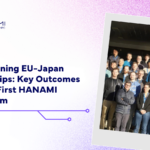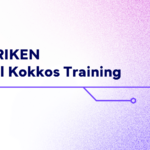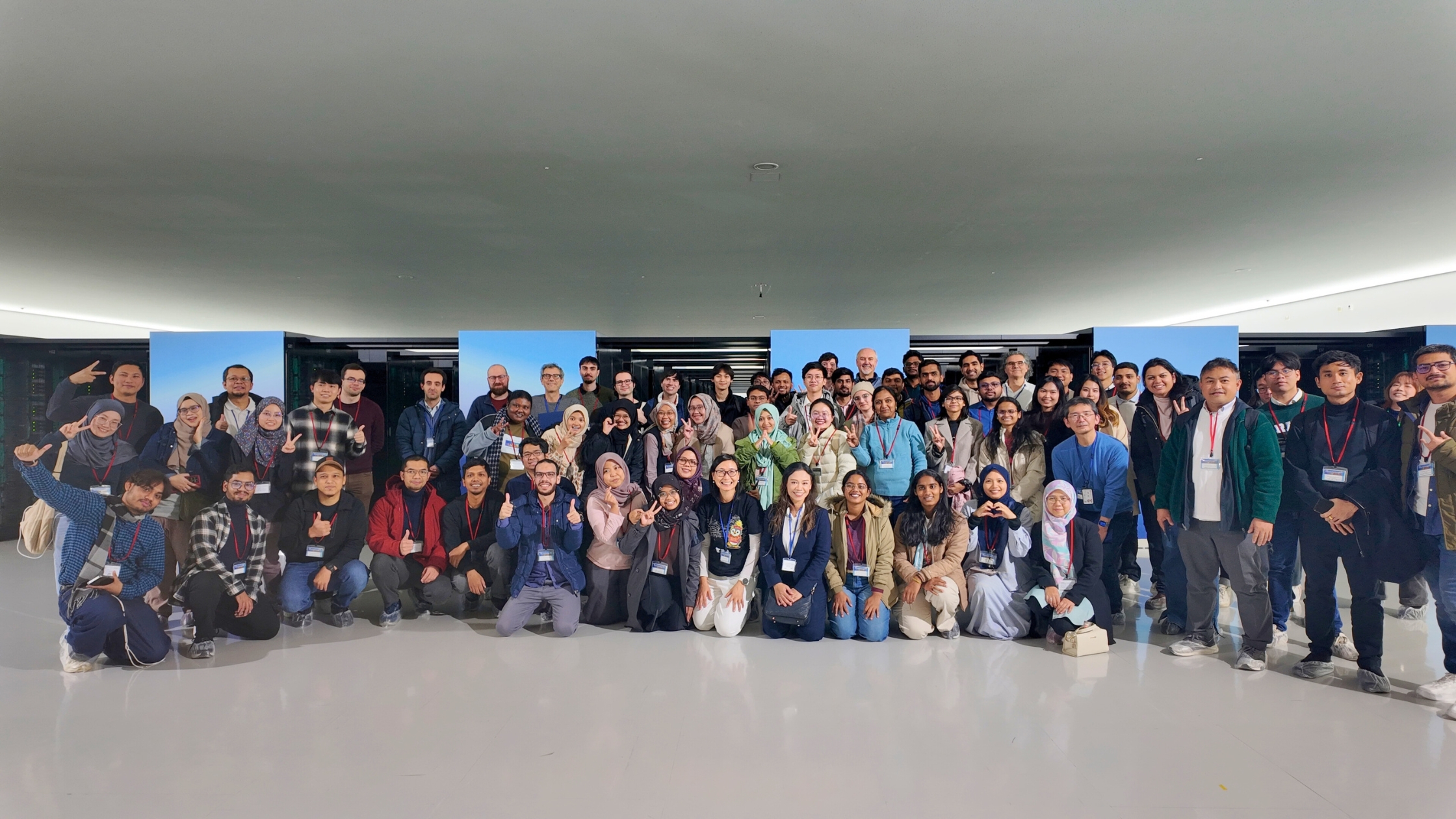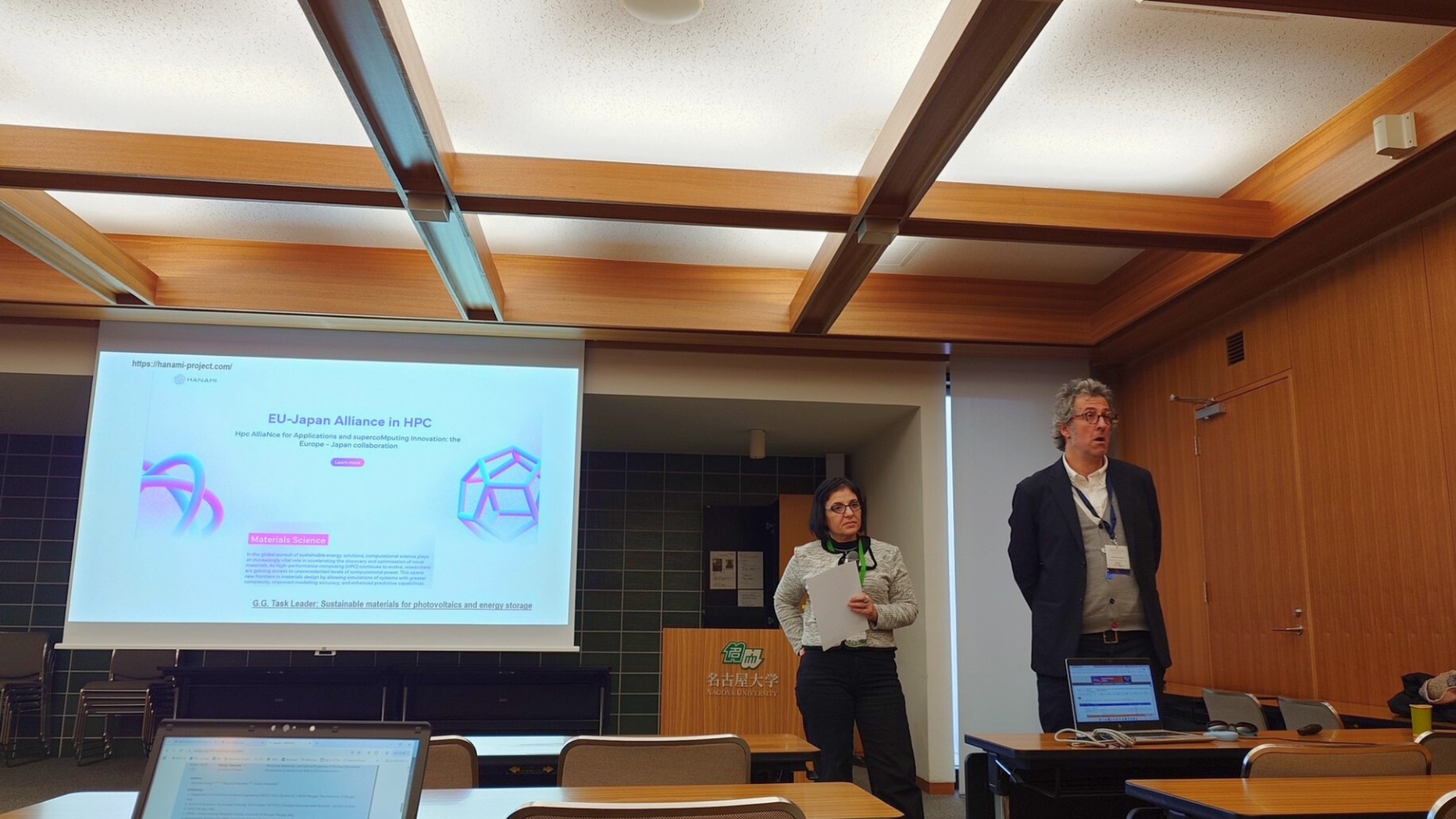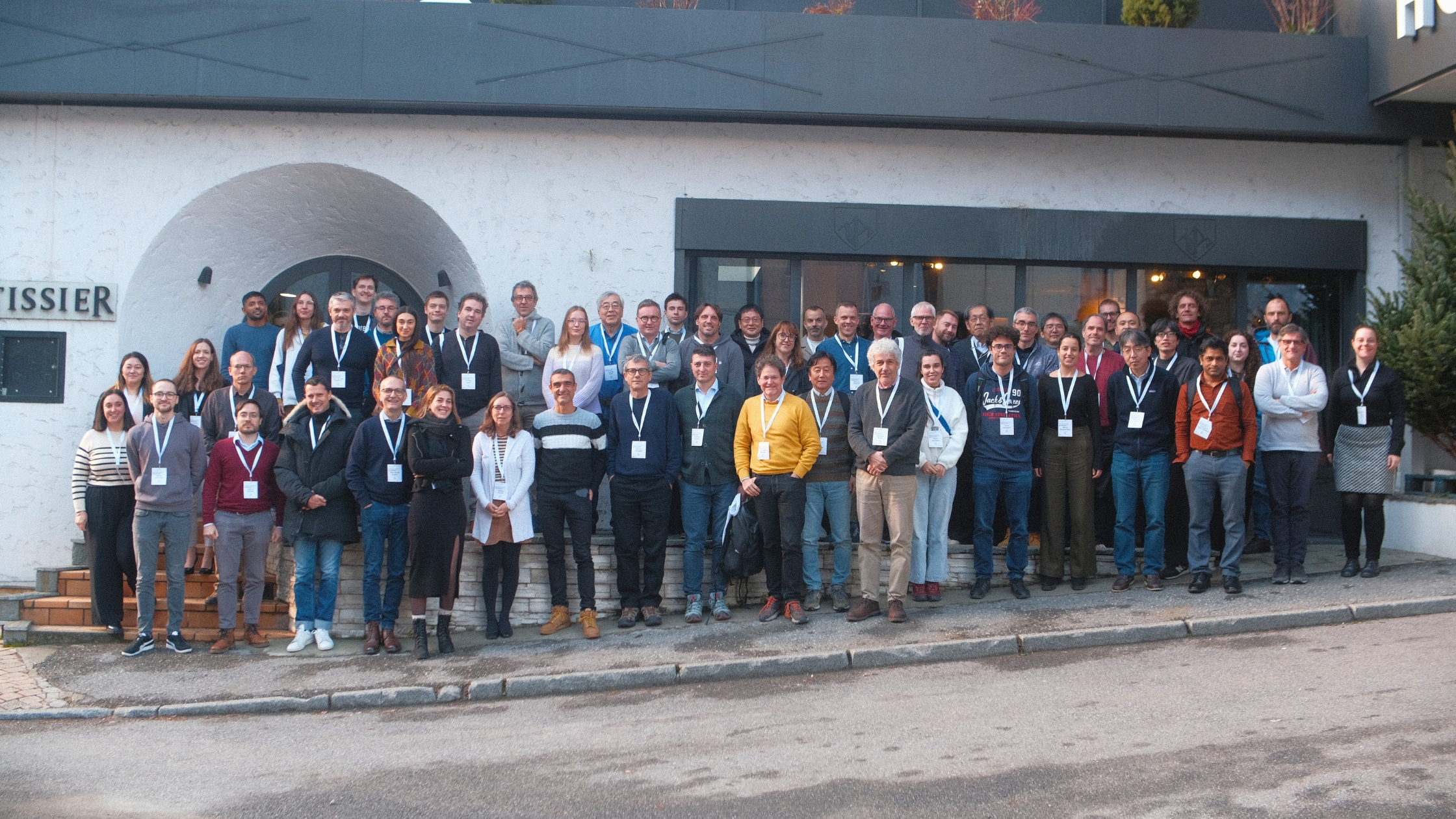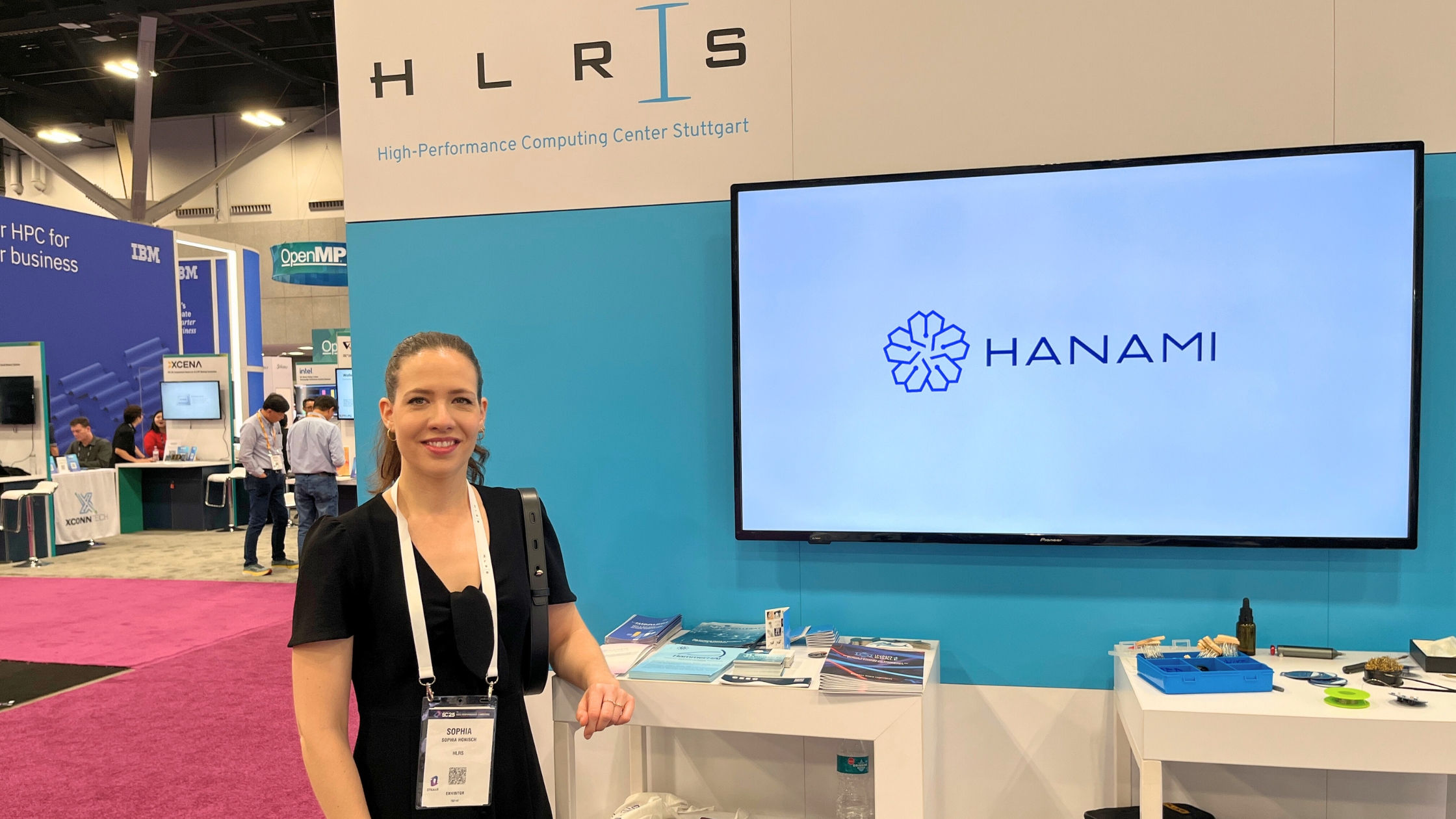News
How can we drive long-standing HPC collaboration between EU and Japan? Highlights of the First HANAMI Sustainability Workshop
In an ambitious step toward strengthening international technological partnerships, the first HANAMI high-level stakeholder workshop on the sustainability of high-performance computing (HPC) collaboration between Europe and Japan was held on January 16, co-located to the HANAMI High-Level Symposium. The event brought together leading policymakers, researchers, and innovators to shape the future of HPC cooperation.
A Lineup of Global Experts
The workshop featured keynote addresses from five distinguished figures in HPC and research collaboration. Jean-Baptiste Bordes, Attaché for Science and Technology at the French Embassy in Japan, provided insights into France-Japan scientific collaboration. Kurihara Kiyoshi, Director of Computing Science Promotion at Japan’s Ministry of Education, Culture, Sports, Science and Technology, outlined Japan’s initiatives on HPC for fostering innovation through international cooperation.
Risto Vilkko, Senior Science Adviser with the Research Council of Finland, contributed a Nordic perspective to support international HPC collaboration, while Stephane Requena, Director of Innovation and Technology at GENCI, detailed France’s efforts in HPC technology and innovation, including the AI Factories and opportunities for cooperation through them. Finally, Fabrizio Gagliardi, Head of International Partnership at the Barcelona Supercomputing Center, shared a vision for Europe’s HPC leadership, mentioning TPC, a multinational grassroots consortium working together to advance responsible AI for science.
Exploring Opportunities for Collaboration
The keynote speeches set the stage for discussion on the future of HPC partnerships. Participants explored how artificial intelligence and HPC could be integrated to advance scientific research, emphasizing the role of initiatives such as the AI Factory network. The need for stronger researcher mobility was a recurring theme, with expanded internships, exchanges, and joint doctoral programs brought up as a potential way to strengthen ties between Europe and Japan.
Infrastructure emerged as another critical area for collaboration, with discussions focusing on improving network connectivity and enhancing energy efficiency in HPC systems. Participants also examined how reciprocal access to data spaces could enable more effective research.
Key Outcomes and Next Steps
The workshop concluded with several strategic takeaways. One key insight was aligning HPC collaboration along three dimensions: scientific fields, funding strategies, and policy frameworks. This comprehensive approach will form the basis of HANAMI’s future roadmap.
Participants emphasised the value of leveraging existing funding mechanisms, many of which already support researcher mobility and joint projects. HANAMI plans and seeks to investigate, compile, and analyse these resources to enhance collaboration. Another major outcome was the recognition of the synergies between various initiatives, such as ADAC (addressing HPC, AI, and quantum computing) and the Trillion Parameter Consortium, which includes the United States. Aligning efforts with these frameworks is crucial to ensuring efficiency and maximising the impact of HPC collaboration.
“Lasting collaboration always requires support from various surrounding frameworks, which we’re working towards in our future roadmap for HANAMI. We’re very glad to see the interest and active engagement of so many actors to discuss the future of HPC collaboration and make sure that the efforts to foster innovation through HPC and the impact it can create for science stay an essential part of EU-Japan cooperation”, states Pihla Kauranen, acting leader of the HANAMI work focusing on the sustainability of collaboration.
